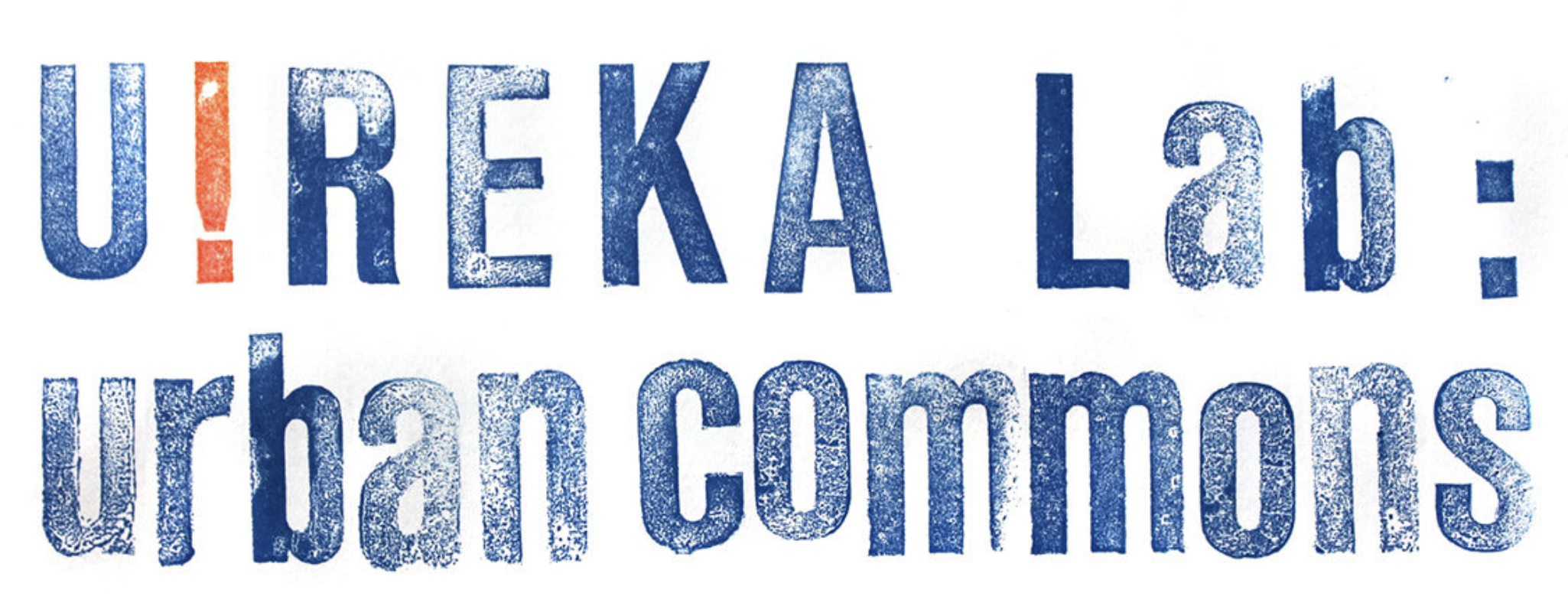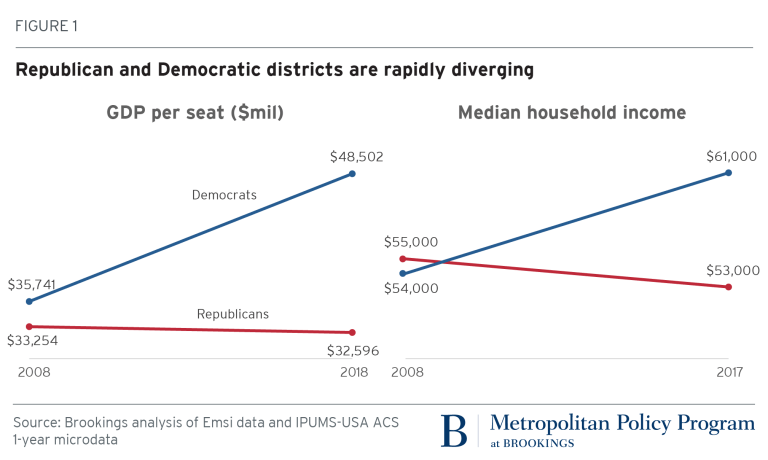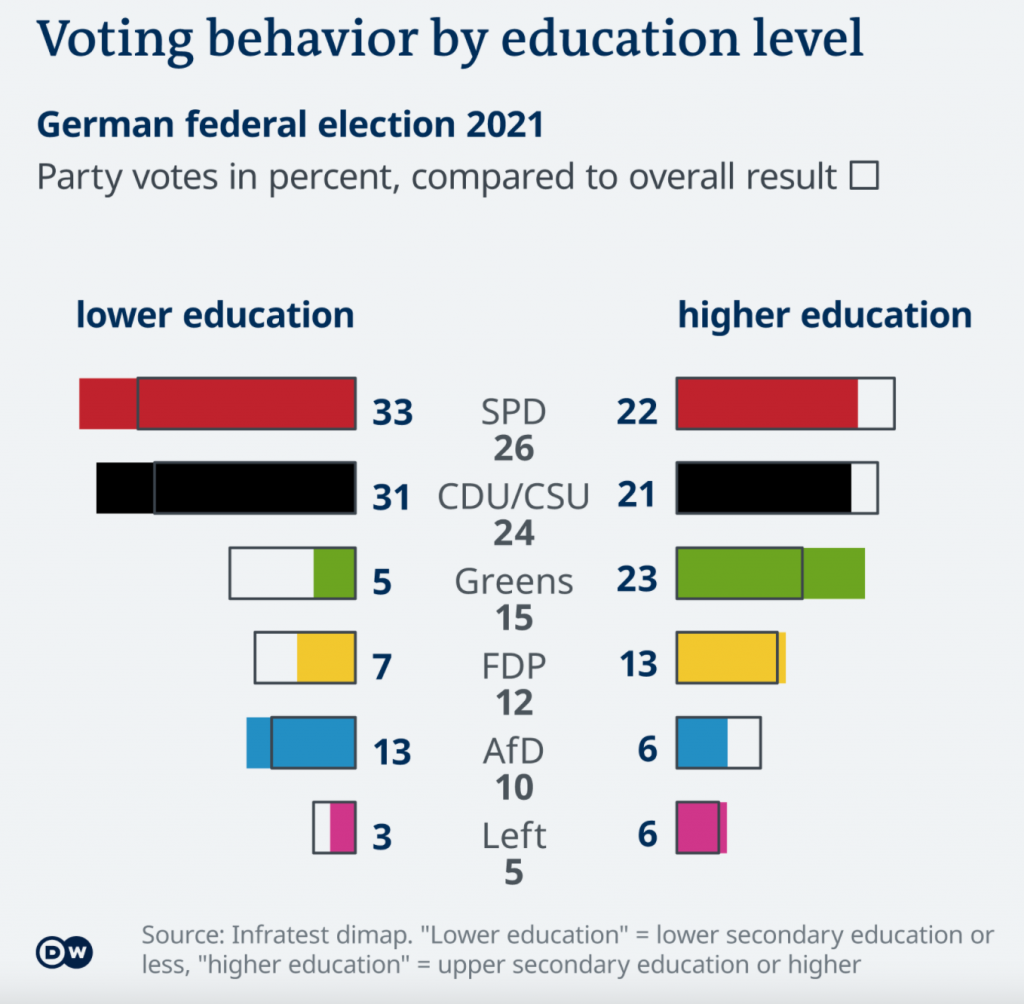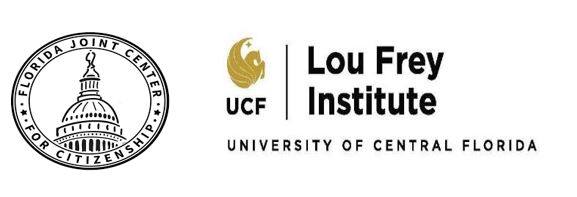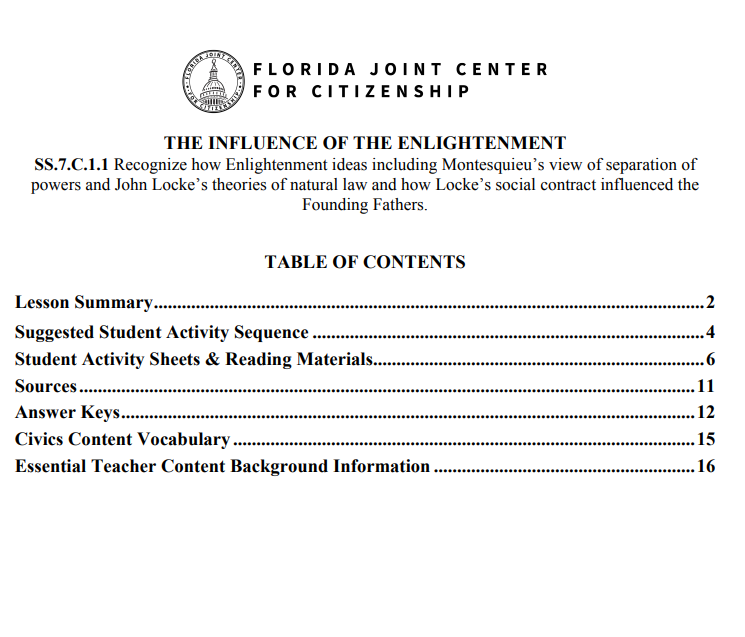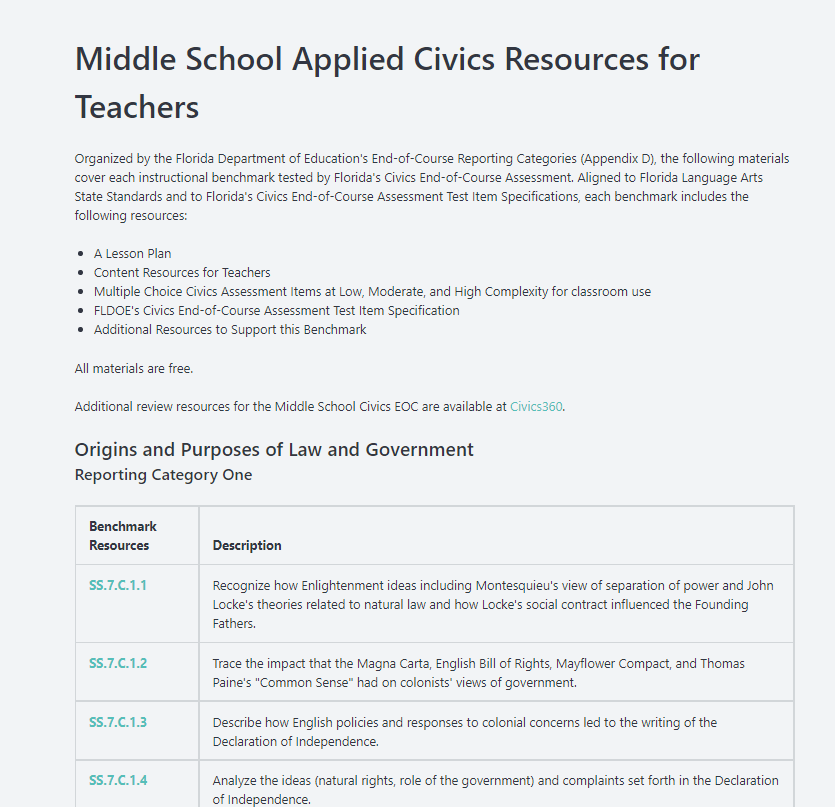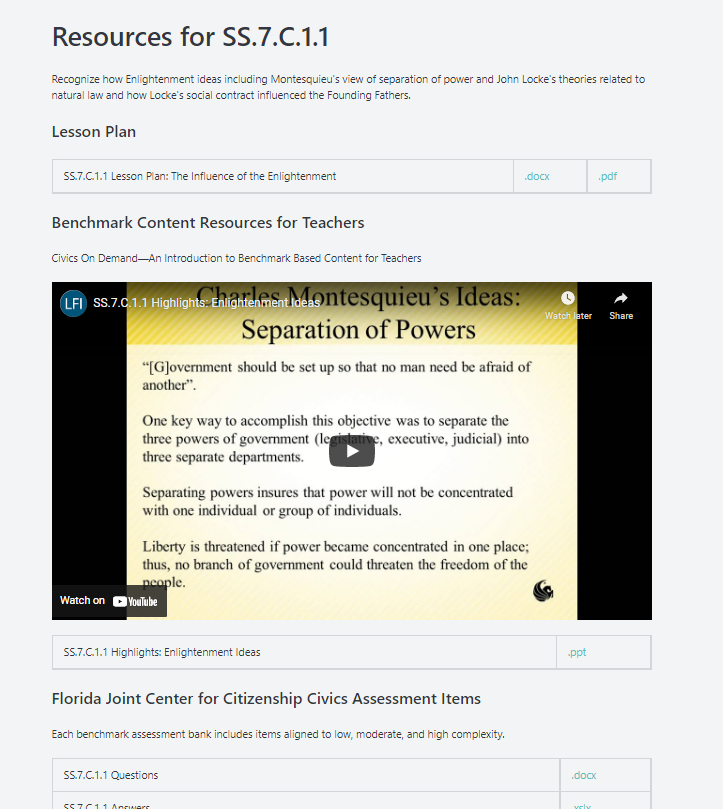Allow me to also make a blunt philosophical judgment: The market/state’s foundational commitments to private property, individualism, capital accumulation, and technology represent a kind of political and cultural lock-down. Certain departures from these ideas are simply taboo. Add to this the unexamined modern belief that humanity stands apart from natural systems, and that individualism trumps collective action, and it becomes clear that our current system offers very little space to imagine creative paths forward.
Which may help explain why young people are so despairing about the future. It also explains why so many ordinary people are turning to commons in these difficult times. Commoning is a means of survival. Informal cooperation, and mutual aid can meet needs that the market and state can’t or aren’t providing during the pandemic.
Yet strangely, commoning is often not seen as a “real system.” It is patronized as nice and well-meaning, but waved aside as too informal, improvised, and disorganized to be taken seriously as an institutional form. After all, governance and provisioning in commons do not rely on the formal rules or hierarchical structures. Power is decentralized and leadership diffused.
The polite dismissal of commons is a serious misjudgment, I believe, because the market/state system – if it is to navigate the civilizational turbulence ahead -- will need to forge some explicit, practical understandings with commoners. Their goodwill, creativity, and power to generate social legitimacy for state action will be indispensable. The market/state system itself already relies on social cooperation, trust, and commoning more than it realizes. Why not leverage this reality in more explicit ways?
In any case, this much is true: If commoning is to develop, mature, and succeed as a flourishing form of governance, it will have to work out a new modus vivendi with the market/state system. So we stand at the threshold of a fascinating new conversation between commoners and the market/state system.
As my contribution to this dialogue, I’d like to explore three primary points:
First -- that commons are not resources, as conventional economics and politics seem to think. They are self-organized social systems. Commons are highly generative precisely because they are living social organisms entangled within the larger web of life.
My second point is that the dynamics of commoning remain poorly understood because there are so many erroneous ideas ascribed to it. So today I’d like to try to clarify some realities about commoning as a durable, proven social system.
And finally, my third point: The fate of the commons as a vehicle for social emancipation will depend upon negotiating and creating new configurations of state power. We will need innovations in law, bureaucracy, and politics to safeguard and support commoning – and state power will need to align more closely with commoners if it hopes to neutralize the fierce, nihilistic pathologies of contemporary capitalism and the reactionary nationalism associated with nation-states. We absolutely need to understand commons governance on its own terms – but we must situate this discussion in a larger, more complicated context.
#1. Commons as a Social System, Not a Resource
Let’s first deal with Point #1, the persistent habit of treating the commons as unowned resources open to all. Economists and politicians habitually do this when they refer to land, the oceans, outer space, and the Internet as commons. But these resources are not commons. They are potentially shareable resources that currently lack a functional governance regime. There is no community stewardship on behalf of everyone. Right now, such resources are mostly free for the taking.
In his famous tragedy of the commons essay, Garrett Hardin called this scenario the “tragedy of the commons” because finite resources are vulnerable to overuse and ruination. But in reality, Hardin was not describing a commons. In his parable of an imaginary pasture, there is no community of shared purpose, no body of rules, and no penalties for free-riders. It’s more accurate to call this scenario a tragedy of the market because the free market invites individuals to plunder the common wealth for their private gain with impunity.
Let me add, this is the near-inevitable outcome when you talk about commons as resources. The framing of “commons as resources” indirectly accepts the premises of standard economics, which holds that the market and state are the only serious, responsible regimes of governance. Western property law is invoked, the state defers to capitalist markets, and we know how this story ends. Shared wealth can only be protected successful through private property rights or state regulation, according to Hardin and his legion of followers, and state regulation is usually seen as ineffectual and intrusive.
But in fact, institutions of social cooperation offer another path, as we can see throughout world history; in Elinor Ostrom’s scholarship; and in countless examples in contemporary life.
Evolutionary scientists confirm that cooperation is a key way that organisms improve their evolutionary fitness. Natural selection doesn’t work just at individual levels. Group selection or “multi-level selection” are powerful forces in evolution, as E.O. Wilson, David Sloan Wilson, Martin Nowak, and others argue persuasively.
This analysis helps us see that relationality is a deep, animating force of commons and of life itself. We are not just atomistic individuals bouncing around in a vacuum called “society,” whose very existence Margaret Thatcher denied in her famous remark that “there is no such thing as society.” Symbiotic cooperation among organisms occurs even at the cellular level, often in subtle, nonobvious ways.
Complexity sciences, too, show that life arises through entangled relationships of interdependence. Biologist Lynn Margulis and James Lovelock of ‘Gaia hypothesis’ fame, showed that life arises through a process or ‘autopoiesis’ or ‘dependent origination.’ Read Merlin Sheldrake’s recent book Entangled Life for some amazing scientific accounts of how mushrooms and lichen and insects and trees and other plant life are all intimately interconnected as creative agents!
The point that I wish to stress is nicely stated by cultural historian Thomas Berry: “The universe is the communion of subjects, not a collection of objects.” This applies to the commons as well.
Scientific rationalism and economic thinking have trouble understanding this fact, however. They are too intent on objectifying life and seeing it in machine-like terms. In the words of ecophilosopher Andreas Weber, science and economics are “unwilling to acknowledge creative aliveness as an ontological foundation of reality.” Weber, a biologist, shows how life itself functions as a vast, complex commons. However, modern, Western categories of thought – which separate humanity from nature, and our minds from our bodies – can’t make sense of this reality.
I make this brief detour into evolutionary science and ontology because it’s important to understand why commons are so highly generative. It’s because they are alive. It’s because all living things are relational, symbiotic, and therefore generative. Life consists of networks of entangled interdependencies that produce what we need.
Ah, but can modern human societies actually honor this fact – or is the market/state machine fated to control, extract, and monetize the gifts of life?
It is true that commons usually do not have the infrastructure or financing that markets and states enjoy. But commons do meet people’s needs in highly flexible, place-based, and humanly satisfying ways in cooperation with nature, and without the pathologies of extractive growth.
Now that the Internet is empowering small, disaggregated players in dramatic new ways, we can see the structural deficiencies of centralized systems. Large-scale industrial systems tend to have enormous fixed overhead costs, rigid designs for efficient mass production, and a commitment to efficiency over resilience. They are not respectful of place, pluralism, or human agency.
Commons, by contrast, unconstrained by business models and market powers, are free to be flexible, creative, and open to new approaches from the street. In this regard, Dutch artist Thomas Lommée has offered a bit of prophecy that resonates with me: “The next big thing will be a lot of small things.”
Unfortunately, change that occurs in smaller, self-organized, and distributed contexts tend to be dismissed as too trivial, local, and inconsequential to matter. In climate debates, even progressives tend to say, But we don’t have time to develop these small-scale alternatives! Which always prompts me to wonder, So what have the top-down market/state institutions been doing to deal with climate change these past thirty years? Could it be that there are problems with the fundamental structures and belief-systems of the market/state?
While state power often expresses a nominal interest in the idea of commons, it often amounts to lip service, or a way to freshen up and re-brand the battered reputation of liberal democracy. (I might add that this tendency afflicts some progressive advocacy groups as well.)
Because the commoners that I know want real shifts of economic power. They want formal legal rights to steward their shared wealth, and affirmative rights to common. They want the kinds of state support – in legal regimes, finance, infrastructure, and official celebration – that investors and corporations have long take for granted.
Alas, when push comes to shove, when commoners make demands, it becomes clear that the state’s deeper allegiance is to growth and capitalism. The state may be sincere about protecting the commonweal, but its deep commitment to the market economy overrides action to support commoning and the ecological, social, intergenerational, and ethical value that flows from it.
#2. What Does Commoning Look Like?
This leads me to my second point, about commoning as a social system. It’s important to see the commons as a social system – as a set of relational dynamics that is generative – because this lets us move beyond market price as the default theory of value in modern life.
My coauthor Silke Helfrich and I -- when writing our book Free, Fair and Alive -- eventually realized that the very language and thought-categories of economics and politics are themselves a big problem. We came to see that the language of “resource management” and individual “rational choice” cannot express the types of value that we saw firsthand in countless real-life commons. Econo-speak does not convey the emotional richness, subtlety, or situational character of commons governance.
So we set out to describe the commons as a social system and how it creates (non-monetary) value. We took our cue less from economists than from anthropologists, sociologists, and cultural theorists. Instead of accepting the normative lens of modern, Western culture and the ontological commitments of economics – the half-truths about individualism, the fictions about “rationality” – we wanted to show that the commoning is about the deep relationality of everything.
We took pains to escape the language of methodological individualism and its ideas about direct cause-and-effect and objects having fixed, essential attributes. So Newtonian, so mechanical, so divorced from the ontology of life!
Instead, we have tried to show how commoning is about fluid, always-evolving webs of social relations, like life itself. We want to show how commoning is the enactment of an open-ended process of emergence. We want to show how the subjectivity and the inner lives of people are part of what animates successful commons.
I delve into these metaphysical aspects of commoning because truly understanding commons governance requires this shift in worldview. Or more precisely, as Silke and I put it, understanding commons requires an OntoShift – a shift of ontological perspective. We need to understand the inner dynamics and relational logic of commons – which is to say, commons as a verb – commoning – rather than as a noun. Commons as a social process, not a resource.
To theorize the commons in this new way, Silke and I identified the many recurrent patterns of commoning and divided them up into three spheres – Social Life, Provisioning, and Peer Governance. While we treat them separately, they are all tightly interconnected. We call the whole framework the Triad of Commoning.
We were inspired by the work of philosopher/architect Christopher Alexander, who devised a methodology for developing “pattern languages” based on actual social behaviors that occur historically and cross-culturally. Using an inductive method based on studying actual examples, Silke and I identified more than two dozen patterns of commoning. Not idealizations or abstractions, but careful generalizations based on successful commons we had witnessed
In liberal political theory, it is customary to separate production (or “the economy”) from governance (the state) – and to treat social life, otherwise known as “civil society,” as a cameo player off to the side. This is where commons governance really strikes off in new directions because commons blend production, governance, and social life into one integrated system.
I don’t have time to go through the many patterns that we identified, but let me give you a quick idea. Here are some of the patterns of commoning for the sphere of Peer Governance.
We had trouble with the connotations of “governance” as something that a group of people vested with power does to and for another group of people, perhaps with their participantion and consent, perhaps not. But Peer Governance not governance that is done for people or to people. It is governance through people themselves.
Commoners see each other as peers with equal rights and duties to participate in the collective process of making decisions. They set boundaries for the commons and make and enforce rules. They have an aversion to centralized systems of power. They try to contribute in nonhierarchical ways.
One pattern of peer governance is Honor transparency in a sphere of trust. Transparency cannot just be mandated; it can flourish only if people trust each other. Thus to honor real transparency in a commons, people must come to trust each other deeply, so that difficult, uncomfortable information can be shared.
Another pattern is Create semi-permeable membranes for commons. This allows commoners to interact with the larger world in careful, selective ways. They can absorb the energy and life and creative ideas of the larger world – but still protect their shared wealth and peer governance from appropriation and co-optation by outsiders, especially markets.
I don’t have time to go through all of the patterns here in detail, so I’ll just mention a few other patterns of Peer Governance. They include: Share knowledge generously. Assure consent in decision making. Rely on heterarchy. Relationalize property.
The patterns in Peer Governance and the two other spheres – Social Life and Provisioning -- reveal that commoning is a cross-sectoral social phenomena. It may be shaped by specific resources, but it is not defined and driven by them.
What unites commons across resource-categories their similar social dynamics. Commons governance helps to advance:
….a richer collective wisdom and a sense of consensual fairness.
….distributed power, so that teams can work independently in modular ways.
….dense social relationships of trust that create stability and yet flexibility.
….rapid feedback loops that create better, fresher knowledge.
….overlapping systems and resilience, so that disruptions are not catastrophic and adaptation can occur more easily.
….and stewardship of value that is not priced and traded, thereby avoiding the habit of market economics to treat nature, care work, gift economies, and social cooperation as limitless and free.
Unlike economic theory, which sees human beings as rational materialists who want to maximize their material wealth, commons governance allows for a more spacious field of human development. In a commons, people have greater opportunities to develop a richer amplitude of human talents, ethical commitments, and relationships than economic theory allows. Seemingly improbable organizational forms such as open source communities, Wikipedia, local land stewardship, committed care work, and other cooperative possibilities are revealed entirely practical.
The “social theory of commoning” that I’ve sketched here has one wild card, however: What role will state power play? So let me turn now to the third issue of commons governance.
#3. State Power and Commoning
As commons grow in size and influence, they often begin to become vehicles of political power and moral authority in their own right. This often makes politicians and state power nervous. Because commons might begin to erode consumer demand and siphon away “market share,” just as Linux undercut Microsoft twenty years ago, leading to complaints that open source software is communistic.
Successful commons also begin to attract more loyalty and trust than the state, and indirectly become a political force. So the state often frowns upon the work of commons. At the behest of certain industrial sectors, the state may even criminalize commoning, as we have seen for digital sharing and seed-sharing. (Recall that women in the Middle Ages who insisted upon using their former common lands after they were enclosed, were often branded witches and burned!)
Suffice it to say, from the perspective of state officials, there is so much more upside in working closely with well-heeled capitalists and the familiar interfaces that the state and capitalists have negotiated over generations.
The problem here is not just about money and power. Modern bureaucracy has formal, rigid, legalistic way of doing things. Its mindsets and methods do not easily accommodate the vernacular practices and norms of commoning. States want to regularize and control things in top-down, centralized ways. As political scientist James C. Scott has written, “The utopian, immanent, and continually frustrated goal of the modern state is to reduce the chaotic, disorderly, constantly changing social reality behind it to something more closely resembling the administrative grid of its observation.”
The state as a bureaucratic apparatus has historically not really wanted to support commons, and even if it did, it does not have readily available ways to do so. Certainly it has not gone out of its way to provide legal, financial, or technical support.
A key question for our times, then, is Why should state power support commons? And How can it do this in constructive ways?
I believe the state must eventually come to terms with the surging interest and social reality of commoning. The Commonsverse today is a burgeoning space. Think open source software communities, platform cooperatives, open access publishing, citizen-science, and myriad forms of digital collaboration. Think agroecology, community land trusts, community-supported agriculture, and relocalization movements.
Think of the many innovative urban commons from regional mesh networks like Guifi.net in Catalonia, to co-cities projects in many European cities, to timebanks, to the expanding number of cities that are pursuing Doughnut Economics. Think local currencies, crowdfunding, crowdequity, and other forms of relationalized finance.
These countless commons are doing significant work outside of the market/state system – a point illustrated by the famous iceberg image used by feminist economists and the community economies research network. The formal economy is just the very small tip of a very large iceberg of nonmarket provisioning. For states that are hard-pressed to meet their citizens’ needs – governments that don’t have the budgets, the political support to expand services, the bureaucratic capabilities – the Commonsverse is a potentially significant ally.
Partnerships with commoners can not only meet a lot of urgent human needs, they can help reconstruct social connections and community. State support for commoning can help nourish a sense of belonging and responsibility linked to real entitlements. It can strengthen a sense of social agency and identity at a time of great social anxiety and disempowerment. And let’s not forget, commons can help us step away from the extractivist practices, competition, and consumerism of the capitalist economy.
Of course, entering into commons/public partnerships at the national level -- where ideological considerations tend to drive politics – may be too ambitious for now. But at municipal levels, there is greater room for open experimentation driven by practical needs and working personal relationships among people. I find it immensely gratifying to see all sorts of commons-oriented innovation in cities like Barcelona, Amsterdam, Ghent, Lille, Naples and Milan and other Italian cities; and Seoul, Korea; among others. There is an explosion of experimentation going on in such cities….urban land ytrusts…citizen crowdsourcing…municipal data commons….
Projects like U!REKA do a great deal to help cross-fertilize our knowledge and deepen our understanding about the possibilities for state/commons partnerships. There are arguably some durable new patterns of urban commoning being born right now.
But I do not think that there are any magic templates to be found. What is really needed are open minds and social commitments to explore fresh approaches. Which is why the subtitle of this talk is “Find Answers by Living the Questions.” This is a frontier. The answers have to be imagined and developed. They will be built on relationships of trust and a spirit of experimentation.
The good news is that there is a rich constellation of commons to work with. The sobering news is that developing stable and resilient forms of commons governance will take time, hard work, imagination, negotiation, conflict, and persistence. Despite that, I believe commoning remains one of the more promising avenues that we have for addressing the profound structural challenges of contemporary politics, economics, and culture. Thank you.






